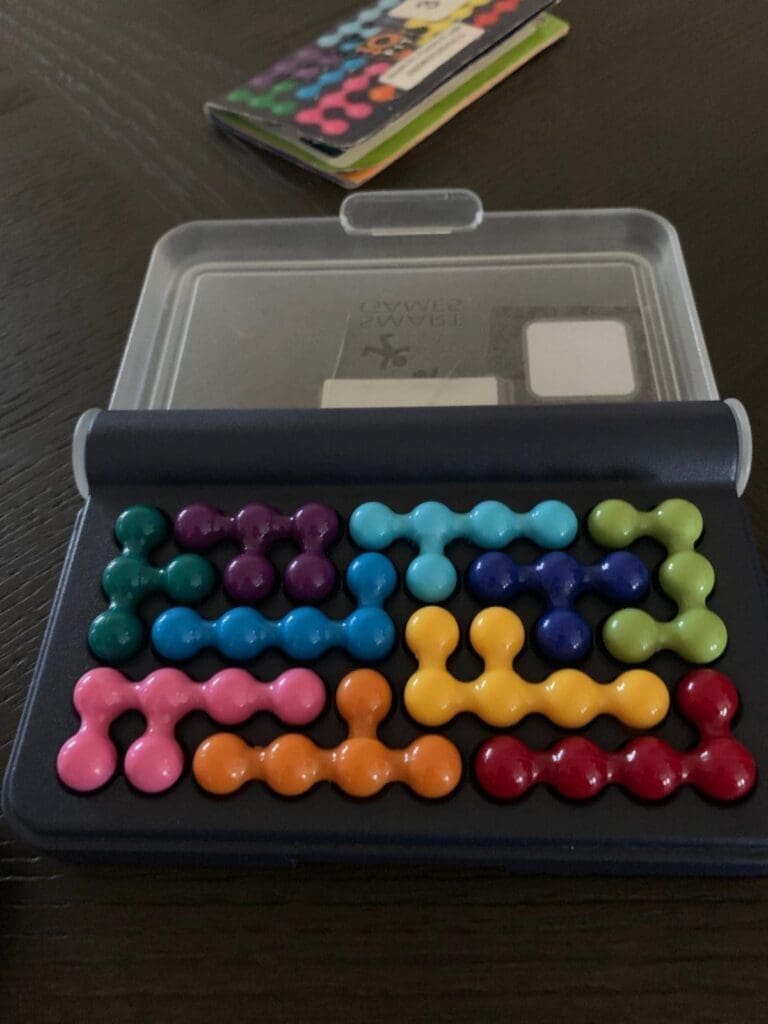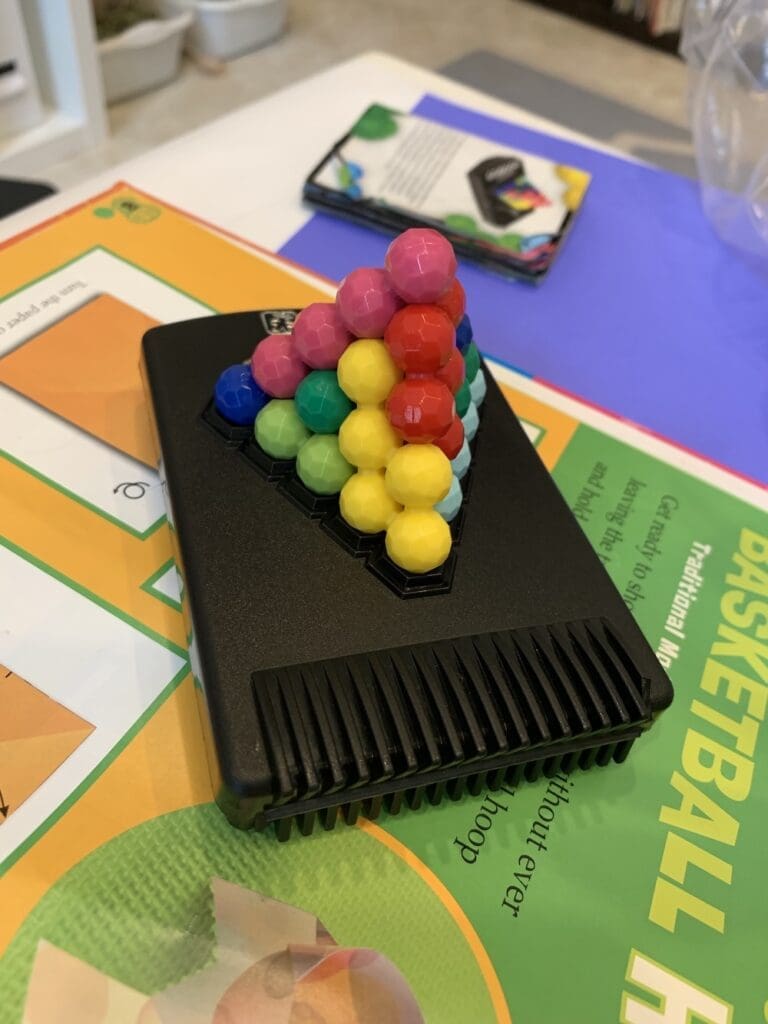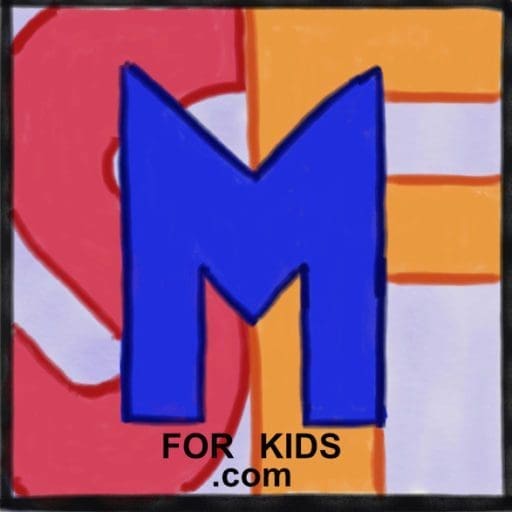
Are you looking for enriching independent math activities for your gifted students, math loving kids, and/or early finishers? I have added enrichment options and projects to most of my posts in the How To Teach Key Math Concepts section. Here are a few of my other favorites to help them develop their spatial reasoning, critical thinking, and logic skills.
Printable Activities
- There is no better curriculum source I have found for gifted students than Beast Academy, and they provide free printable resources here.
- Brainzilla has a variety of free printable logic grid puzzles ranging from very easy to very hard.
- Dad’s Worksheets also has a section of printable logic puzzles including sudoku,magic squares and number grids.
- Math analogies- Here is a free math analogy pdf from Critical Thinking (sample from one of their books.)Teachnology has a fabulous collection of free printable analogies. These are more language arts than math but great for critical thinking, and kids could make their own math ones.
- Here is a source for free printable Sudoku puzzles.
Challenge Problems
Open Middle is a great source of challenge problems at every grade level.
Esti Mysteries (students might also like making their own)
Online Activities
The Daily Set Puzzle and Karma Puzzle
Mathigon. I recently discovered this amazing resource as one of my most gifted 5th grade students uses it often in his free time at home. While Mathigon has wonderful interactive lessons for 6th grade and up, the Polypad can be used by much younger students. It has colorful easy to use virtual tiles including polygons, polyominoes, tangrams, Penrose tiles, pentagon tilings, fractals and 3D solids that students can use to make and save their own designs. It has other virtual manipulatives including number tiles, fraction bars, and fraction circles. It has playing cards, dot cards, dominoes, coins and spinners. And that is only the tip of the iceberg of what the polypad has to offer. I will soon write a whole post about Mathigon, but for now trust me and check it out!
For younger students try PBS Kids games. They are of surprisingly high quality for math and spatial thinking, particularly the Odd Squad games (I especially love Pienado and Down the Tubes)
Visual Spatial Puzzles
If you’re willing to buy some physical puzzles, here are some of my favorites!
- Q Bitz- see my post for full explanation and video of these visual patterning puzzles.
- Square Up- This visual patterning game from Mindware can be played independently or in a race against a partner. Students slide colored square tiles within an 8 inch square to match the pattern rolled on their cube shaker.
- Tangrams – see my post for full explanation
- Soma Cubes- see my post
- IQ Fit – In this one player game from SmartGames, the student must fit all the 3D-puzzle pieces on the game board in a way that it turns into a 2D-image. If your kids enjoy this as much as mine do, there are several variations available including IQ Blox, IQ Link, and IQ Stars. Penguins On Ice is another variation where you move pentomino shaped “ice blocks.”

- Kanoodle is another game similar to IQ Fit. It has the same idea of fitting the pieces but also has 3D pyramid puzzles which some of my students loved even more. There are several variations of this one including Kanoodle Jr , Kanoodle Extreme, Kanoodle Head to Head, and Kanoodle Gravity.

- Set can be played as a group game but is also an excellent independent activity. You can buy the cards or play online here
Physical Logic Puzzles
- Animal Logic. This game for 1 player from Fat Brain Toys comes with 18 colorful wooden animals, a game board, and 60 puzzle cards that increase in difficulty. The player places the animals on the game board to match each card, then must make each animal cross the river one at a time. Each animal can only follow an animal of the same species and color.
- Chocolate Fix is a logic game from Think Fun with 40 challenge cards and a tray of 9 play chocolates to arrange according to each challenge.
- Rush Hour is a car themed “traffic jam” logic game also from Think Fun. It too comes with 40 challenge cards from beginner to expert level. It has won many awards including Mensa Select.
- Sumoku
Interesting Math Books
My GT students love looking through math challenge/puzzle books and choosing the topics that interest them. This is one of the best independent activities for GT students as it requires no set up and can allow them something to do in whatever amount of time they have. Here are a few of their favorites (only recommending books I have actually used and liked.)
- Amazing Math Projects You Can Build Yourself (this one was so good I wrote a whole post about it)
- Math For Smarty Pants
- Mathmagic
- Mathamazing
- The Everything Kids’ Math Puzzle Book
- The Adventures of Penrose the Mathematical Cat
- Growing Patterns: Fibonacci in Nature (see here for a whole post about teaching Fibonacci sequence)
- Biographies or historical fiction about famous mathematicians are also fun for the kids to read. I have a post of suggestions here They could do a poster or project to teach the rest of the class about their mathematician. For a simpler and shorter activity take a picture of their mathematician using the Chatterpix Kids app and record an audio clip to make it talk!
Creative Activities and Projects
Many GT students enjoy creating their own math games and task cards for other students to play or solve. I have had great success giving them materials such as index cards, dice, spinners, posterboard, and markers as well as examples of the types of problems to include. They have come up with fabulously creative ideas!
Other students enjoy making their own anchor charts, writing and illustrating math stories or even creating strategy guides for other kids. This is a great way to encourage GT students to think through problem solving steps that they often do mentally or automatically, and teach them to explain their thinking.
Finally, you might be surprised how many GT students tell me they would really like free time just to explore manipulatives. We often think of manipulatives such as pattern blocks, Cuisenaire Rods, pentominoes, fraction tiles, and centimeter cubes as being for our struggling students. However, many GT students have very creative ideas for using the manipulatives and are able to discover many concepts for themselves while using them. (I had a second grader figure out the formula for volume just by building with centimeter cubes.) Give them a chance to play and see what they can do! (The polypad mentioned in the online activities session has absolutely incredible virtual manipulatives)
If you would like all of this information plus a lot more in PDF form I have developed a 37 page digital resource for parents called Challenging Your Mathematically Gifted Child. Please email me at amy@stressfreemathforkids.com
Also if you have other favorite independent math activities for gifted students, please add them in the comments!

After discovering the printable logic grid puzzles (thanks!), I stumbled upon the Zebra Puzzles. My kids (I homeschool them) loved them, and some puzzles can be even challenging for us (myself and my husband). What do you think about them? https://www.brainzilla.com/logic/zebra/
Oh, I love those! Definitely going to try them this week- thank you!!